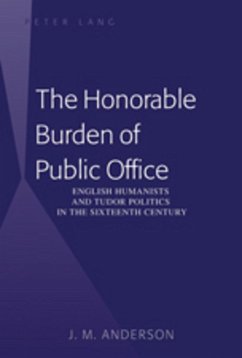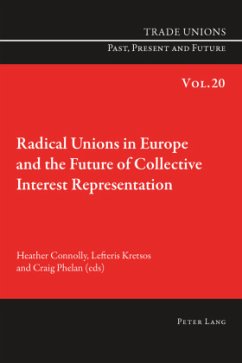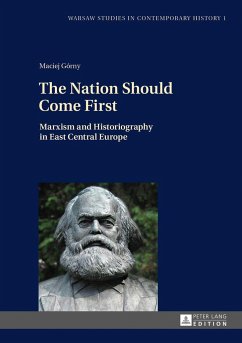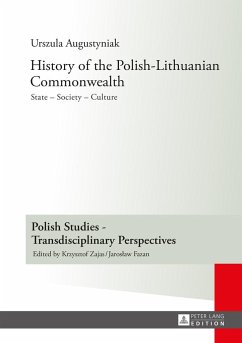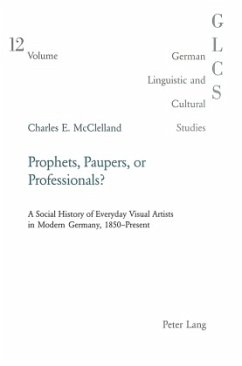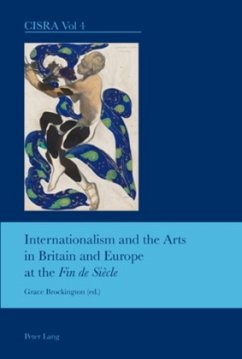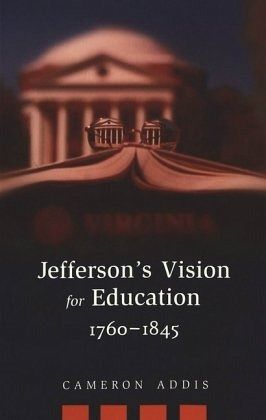
Jefferson's Vision for Education, 1760-1845
Versandkostenfrei!
Versandfertig in 6-10 Tagen
29,95 €
inkl. MwSt.

PAYBACK Punkte
0 °P sammeln!
Thomas Jefferson's ideas on education evolved over sixty years - from his adolescent years at The College of William and Mary, through the Revolution and election of 1800, to his death in 1826. In 1776, he saw public education as the cornerstone of Virginia's revolution and hoped it would help destroy aristocratic and denominational privilege, create opportunities based on merit, foster humanism and encourage the political awareness necessary for a republican society. Though limited to white males, public education was a progressive idea for its time. All his bills failed. Even though Jefferso...
Thomas Jefferson's ideas on education evolved over sixty years - from his adolescent years at The College of William and Mary, through the Revolution and election of 1800, to his death in 1826. In 1776, he saw public education as the cornerstone of Virginia's revolution and hoped it would help destroy aristocratic and denominational privilege, create opportunities based on merit, foster humanism and encourage the political awareness necessary for a republican society. Though limited to white males, public education was a progressive idea for its time. All his bills failed. Even though Jefferson's own machinations stymied bills for a statewide system in the 1810s, the "hobby of his old age", the University of Virginia, opened in 1825 . Jefferson's Vision for Education, 1760-1845 examines why Jefferson subverted the democratic spirit of his early plans, and how well other political and religious dimensions of his vision materialized at the University of Virginia during its first twenty years.




